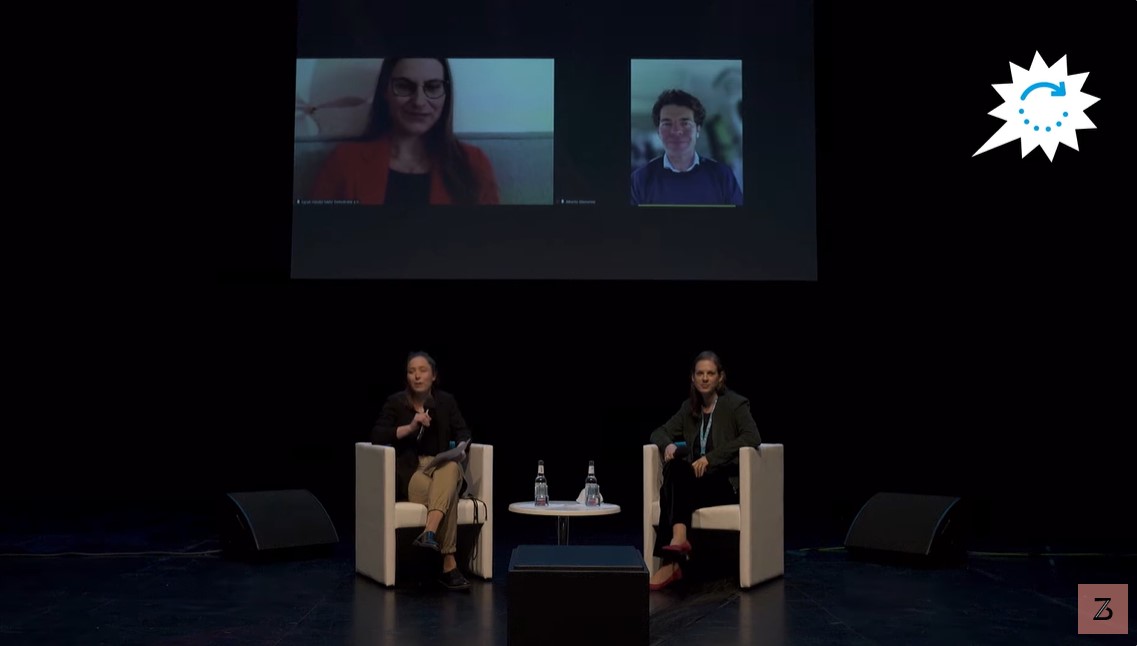Events
Does democracy need a makeover?

What impact did the pandemic have on our democracy?
Let’s think back to a time none of us are likely to forget: spring 2020. Apart from hoarding toilet paper, sanitising our groceries and watching The Tiger King on Netflix, we were also seriously worrying about our health. And not only that – some also worried for the health of our democracies. In order to curb the spread of the virus and to keep our health care systems running, governments had to take drastic measures, that limited civil liberties and rights in an unprecedented way. Yet, some leaders, like Victor Órban, also used the guise of the pandemic to further infringe the freedom of the press and LGBTQI rights in his country.
Two years later, studies show that this kind of democratic backsliding seems to have had a lasting impact in Eastern Europe, where governments adapted authoritarian measures in the face of Covid. However, democracy also seems to have taken a hit in countries where no such incidents have taken place. The attempted storming of the German parliament was a shocking alarm signal for many. It showed the lengths radical movements are willing to go to, how much appeal they hold and how much damage fake news and disinformation can cause. Overall, it seems that since the beginning of the pandemic societies became more polarised, while trust in democracy declined.
Yet, political disenchantment and rising populism aren’t new developments in Europe – in fact, we have observed them for more than a decade. In light of these developments, maybe it is time to take stock of the state of our democracy and ask: Is democracy in its current form still working? And does democracy, indeed, need a makeover? Interestingly, the past two years has also seen the European Union launch an unprecedented deliberative democratic exercise. With the Conference on the Future of Europe (CoFoE) the EU reached directly to citizens to engage them in discussions on European politics and share their visions for Europe’s future. So, what should this makeover look like? What role should citizens play?
Our expert panel discusses YOUR questions!
We teamed up with ZEIT-Stiftung to organise a panel at this year’s EuropaCamp entitled “Does democracy need a makeover?”. Watch the discussion in the video above. These experts discussed YOUR questions and comments!
- Sarah Händel is a member of the Federal Executive Board of Mehr Demokratie, the largest NGO for direct democracy worldwide. Mehr Demokratie launches campaigns and participatory processes such as citizens’ councils, which use direct democracy to initiate legislative or constitutional changes,
- Alberto Alemanno is Jean Monnet Professor of European Union Law & Policy at HEC Paris and the Director of the Good Lobby, which works to equalize access to power by strengthening the advocacy capacity of civil society and making corporate political influence more accountable and sustainable.
- Helene von Bismarck is a historian, writer and public speaker. She is Visiting Research Fellow at the Centre of British Politics and Government at King’s College, London, and Fellow of the Royal Historical Society. In recent years, her work has focused on Brexit, the rise of populism in Europe and the role of history in international relations.
- Moderation: Caroline Will, Editor of Debating Europe/DE
Does democracy need a makeover?
How big is the threat of populism to European democracy? How should the EU respond to rule of law violations by Member States? Should the Conference on the Future of Europe become permanent? Let us know your thoughts in the comment section below and we’ll take them to policymakers and experts for their reactions!
Image Credits: Conference on the Future of Europe
Funded by the European Union. Views and opinions expressed are however those of the author(s) only and do not necessarily reflect those of the European Union or the European Commission. Neither the European Union nor the granting authority can be held responsible for them.![]()
